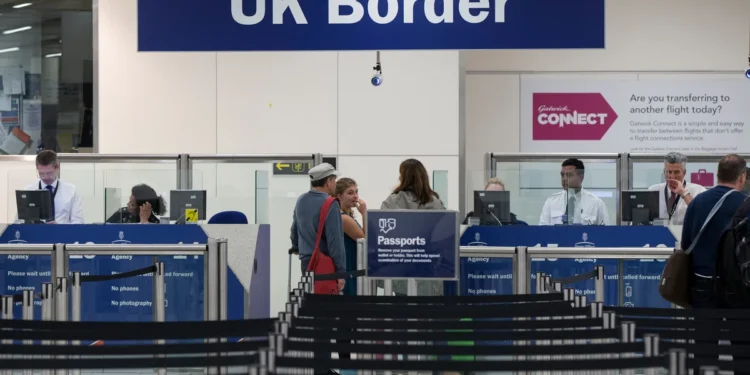By: Christian Aboagye | Social Worker & Mental Health Practitioner
IMMIGRATION CHANGES – 2025 – 3
On 22nd July 2025, the UK will officially close the overseas route for new care workers and senior care workers applying under the Skilled Worker visa. This decision, though politically calculated, risks plunging the UK’s fragile care sector into deeper crisis — and it carries moral, economic, and humanitarian costs that cannot be ignored.
What’s Changing?
Under the revised immigration rules, care worker and senior care worker roles (SOC codes 6145 and 6146) will be removed from the Skilled Worker eligible occupation list. In essence, no new foreign applications for these roles will be accepted under the current sponsorship framework.
Transitional arrangements will apply only to those already sponsored in the UK as of 11 March 2024, allowing them to extend their visas or switch employers until 2029. But this lifeline is limited — and excludes the thousands of hopeful applicants overseas who had aspirations of joining the UK’s care workforce.
From the Care Frontline: A Social Work Perspective
This change cuts deeply.
I work in mental health crisis services, where care workers are often the first and last point of contact for individuals in distress. They assist with meals, medication, personal care, and emotional reassurance. Many are migrants. Many have sacrificed much to serve.
Their roles are not glamorous — but they are essential. Removing this pathway not only undermines the dignity of the profession but removes access to a committed, skilled workforce at a time when the UK faces historic staffing shortages.
The fallout will not be abstract. Vulnerable adults and older people — especially those without family support — will see increased delays, reduced visits, and weakened continuity of care. More hospital readmissions. More suffering in silence. Less dignity in dying.
From a Legal and Immigration Lens
Legally, this policy shift draws a sharp red line between who is allowed to contribute to the UK economy and who is deemed dispensable.
While some employers may attempt to reclassify care roles under new job titles or navigate through transitional schemes, the long-term message is clear: low-paid care work is no longer welcomed from overseas.
This could also push desperate applicants toward irregular migration pathways — increasing the risk of exploitation and modern slavery. Already, the care sector has been tainted by rogue sponsors, wage theft, and housing abuse. Without a legal route, enforcement challenges may worsen, not improve.
The Broader Impact
Let’s not forget the demographics. The UK population is ageing fast. Demand for care is outpacing local supply. The closure of this visa route won’t reverse that trend — it will exacerbate it.
The policy assumes a domestic care workforce will materialise. But with low pay, difficult conditions, and little professional recognition, British workers have little incentive to enter the sector. Foreign workers filled that gap not because they were cheaper — but because they were willing, capable, and compassionate.
This closure doesn’t fix the problem. It shifts it underground or defers it until it spirals into a national emergency.
What Needs Urgent Attention?
- Investment in domestic recruitment is vital, but it must come with real incentives — training, career progression, and fair pay.
- A new ethical migration pathway for care workers, with stricter sponsorship regulation, could offer a better solution than blanket closures.
- Safeguards against exploitation must accompany any future reforms — because migrant workers are not liabilities. They are people. With dreams. With families. With value.
Final Word
Closing the overseas care worker route may seem like a policy win on paper — but in practice, it’s a slow unraveling of compassion.
If Britain truly values care, it must show it in policy, not just platitudes. The UK cannot claim to be a caring society while slamming the door on those who have cared the most.





























